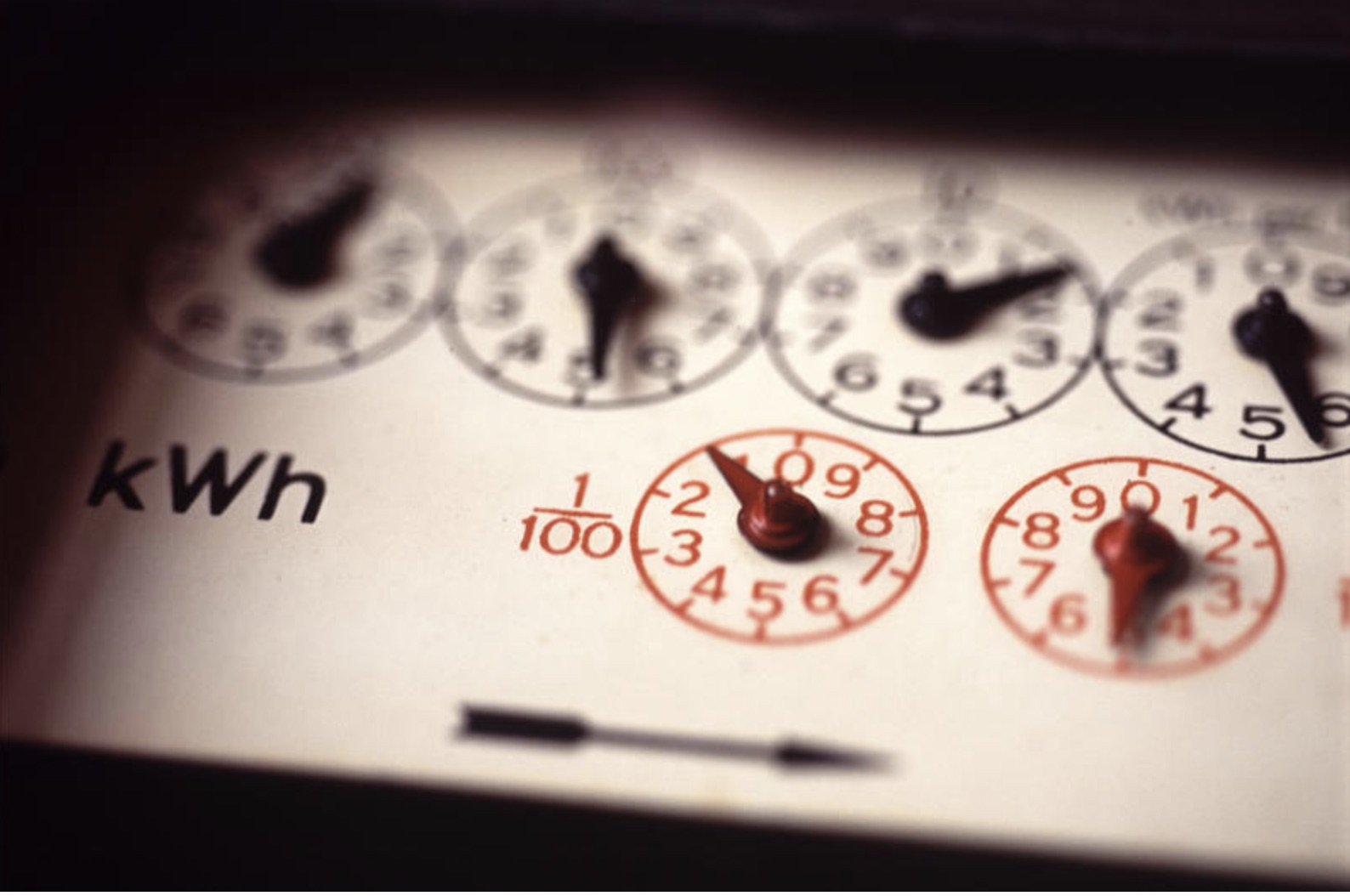
Saving energy at home not only helps the environment but also helps lower your monthly utility bills in the UK. Here are a few tips to help you save energy and money:
Insulate your home:
Insulating your home can help keep heat inside during the winter and outside during the summer. This can help reduce your heating and cooling costs by up to 30%. Some of the most common types of insulation include loft, cavity wall and floor insulation.
Use energy-efficient appliances:
Look for appliances with the Energy Saving Recommended label, which indicates that they meet energy efficiency guidelines set by the UK government. Energy-efficient appliances use less energy, which can lead to significant savings on your energy bill over time.
Adjust your heating:
Lowering your thermostat by just 1 degree can cut your heating bill by up to £85 per year. Try to use your heating only when you need it, and invest in a programmable thermostat, which allows you to set different temperatures for different times of the day.
Reduce standby power:
Electronic devices and appliances use energy even when they’re turned off or in standby mode. One way to reduce this standby power is to unplug devices when they’re not in use, or to use a power strip and switch it off when not in use.
Switch to a smart meter:
Smart meters are a great way to see how much energy you’re using in real time, and can help you identify areas where you can make energy savings.
Use energy-efficient light bulbs:
Switching to energy-efficient light bulbs, such as LED or CFL, can help you save money on your energy bills and reduce your carbon footprint.
Be mindful of water usage:
Water heating can account for up to 25% of the energy used in a home. Try to take shorter showers, and make sure to turn off the tap when brushing your teeth.
Plant trees or install shading devices:
Planting trees or installing shading devices can help keep your home cool during the summer, reducing the need for air conditioning.
Seal gaps and cracks:
Gaps and cracks in your home can let in drafts, which can make your home feel colder and increase your energy bills. Seal gaps and cracks with caulking or weather stripping.
In conclusion, saving energy at home is not only good for the environment but it also helps you save money on your utility bills. By insulating your home, using energy-efficient appliances, adjusting your heating, reducing standby power, switching to a smart meter, using energy-efficient light bulbs, being mindful of water usage, planting trees, installing shading devices, and sealing gaps and cracks, you can make a significant impact on your energy consumption and costs.
